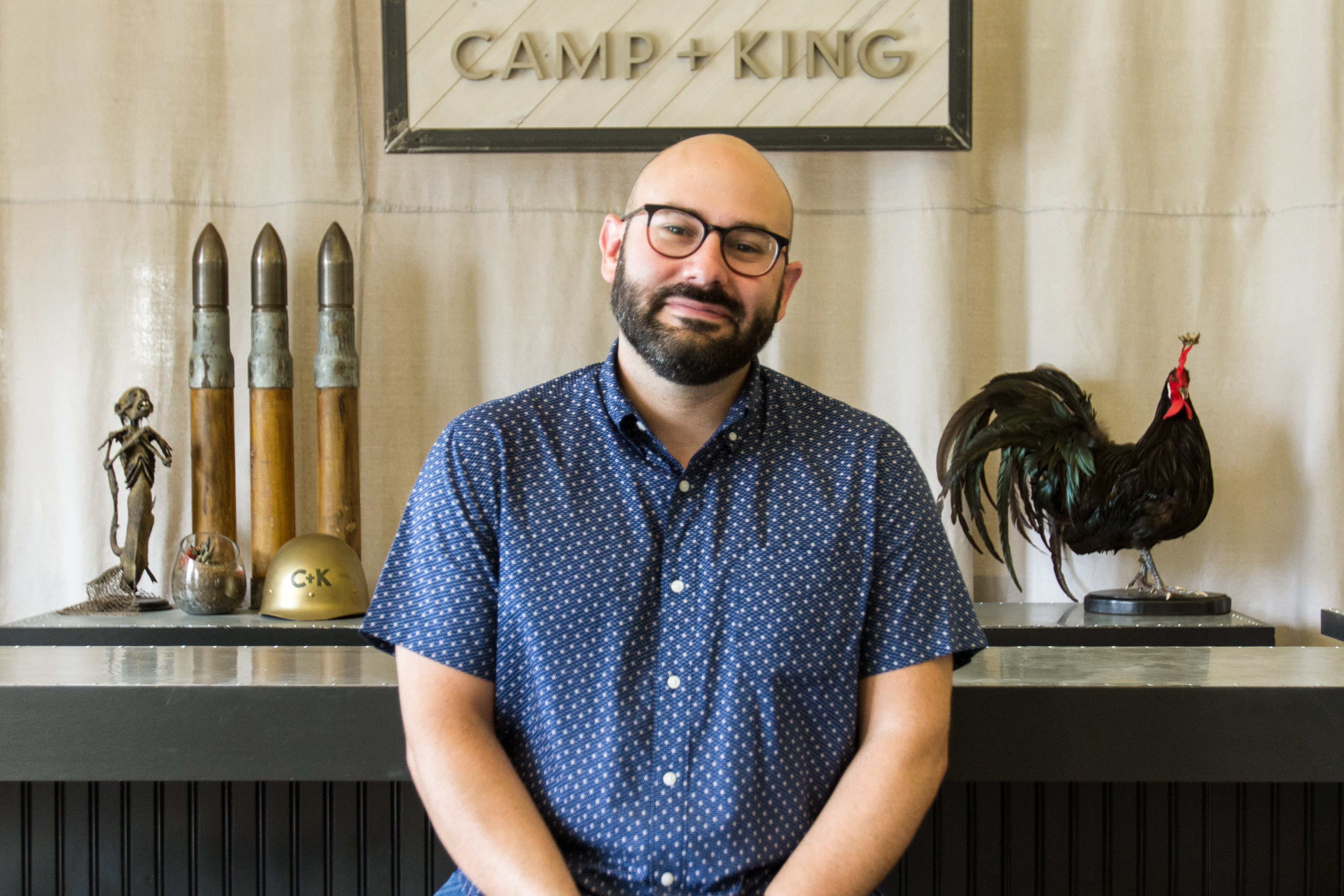
Fresh Perspective from Effie Judging: 5 Steps to Create Better Effie Case Studies

The marketing and advertising industry is rife with award shows, but arguably none has the rigor in evaluating great work – and certainly evaluating the effectiveness of great work – than the North American Effie Awards. In first round judging alone, every case submitted to the Effies is evaluated by no fewer than five judges for advancement consideration.
At Camp + King, we were honoured to have three of our team members invited to serve as 2018 judges: Kristin Barbour, Managing Director, who judged round one in Chicago in January; David Morrissey, Strategy Director + Head of Communications Planning, who judged round one in February in San Francisco; and Jamie King, Founder + CEO, who served as a final round judge in New York. Of course, we are bound not to disclose the details of a single case we’ve reviewed. However, we wanted to share five lessons we learned as judges that you can put to use when writing your next award case submission.
1. Put yourself in the judges’ shoes when writing your case
First thing first: Know your audience and recognise what’s happening in the judging room. Judges come from various senior agency and client-side roles. They’ve stepped away from the demands of their busy careers to volunteer for a half-day. They’re evaluating many cases. They’re asked to be suspicious and critical in assessing each case. And they’re likely feeling exposed – chances are, many of the judges reading your submission know little about your particular industry or category.
With this in mind, it’s important to focus on establishing context – help the judges understand why the business challenge you’ve set forth is particularly difficult in your category; why the results, which might appear inconsequential without category context, are actually dramatic; why the strategic insight or creative execution was breakthrough compared to traditional category work.
2. Ensure a simple, consistent narrative + voice throughout
This may sound obvious, but you’d be surprised how often written cases lack clarity, simplicity, or consistency. In one case reviewed, it was evident that the organisation had multiple writers tackle each of the different sections, resulting not only in an inconsistent voice, but also in each section regurgitating the case set-up, over and over again.
The best cases follow the principles of good narrative, compelling the reader to move from one section to the next and building the case as simply as possible. One helpful tactic here: Use headlines and subheads to help the judge quickly absorb the skeleton of the story.
Before submission, ensure that someone completely removed from the campaign reviews the case with fresh eyes, looking for inconsistencies and mean little to category outsiders.
3. Carefully consider each one of the objectives you include
Just like gymnastics or figure skating, Effie judges are asked to consider each case not just on the achievement of results, but also on the degree of difficulty of the objectives set forth. You should also know that due to volume of submissions, it’s simply harder to advance in some categories than others.
With that in mind, don’t get bogged down solely in media or perceptual metrics, such as impressions, views, click-throughs, or likes. Powerful cases demonstrate how upticks in those media or perceptual metrics led to real change – measurable impact in sales, reputation, or behavioural change by the target. Indeed, some of the most powerful cases show how the campaign created brand or product exposure far beyond the reach of the media plan.
Additionally, don’t bite off more than you can chew. Every judge will check to ensure that each objective listed was achieved. And, as you might imagine, the more disparate objectives you list, the more challenging it becomes for you to write a cohesive story – and for the judge to make sense of it. If your campaign included two or three major objectives, and lots of minor ones, why not focus your case narrative on the two or three only?
4. Don’t overlook the importance of the Insights + Strategic Idea section
About halfway through each judging session, the judges are invited to take a short break and take part in a moderated conversation, discussing trends across cases and asking specific questions. In one of those conversations, someone asked which section of the Effie questionnaire is typically scored lowest. According to an Effie moderator, that is most often the Insight + Strategy section, which is given less attention by case writers than the challenge, creative, and results sections.
The truth is that this section serves as the glue for your entire case. After you’ve established context and before a judge can truly consider the impact of your creative idea and your campaign’s results, she must really understand the value and uniqueness of the human insight your team has developed. Like any other section, you should take the judges on a narrative journey with you beyond the data. How was the insight developed? How did it reveal a universal human truth, but do so in a new or surprising way? How is it unique to your brand or product, and not those of your competitors?
5. Read last year’s winners in your category
As we heard in the Effie judging room, “You can’t write your way into winning an Effie. But you can certainly write your way out of one.” Each year, the Effie organisation publishes the winning cases. Compare your draft to those who won previously. Does it feel on par with the winners? Be honest. If so, then look for specific storytelling devices, word choice and phrasing, and organisational cues the winners made and borrow with abandon.
David Morrissey is Strategy Director + Head of Communications Planning at Camp + King













